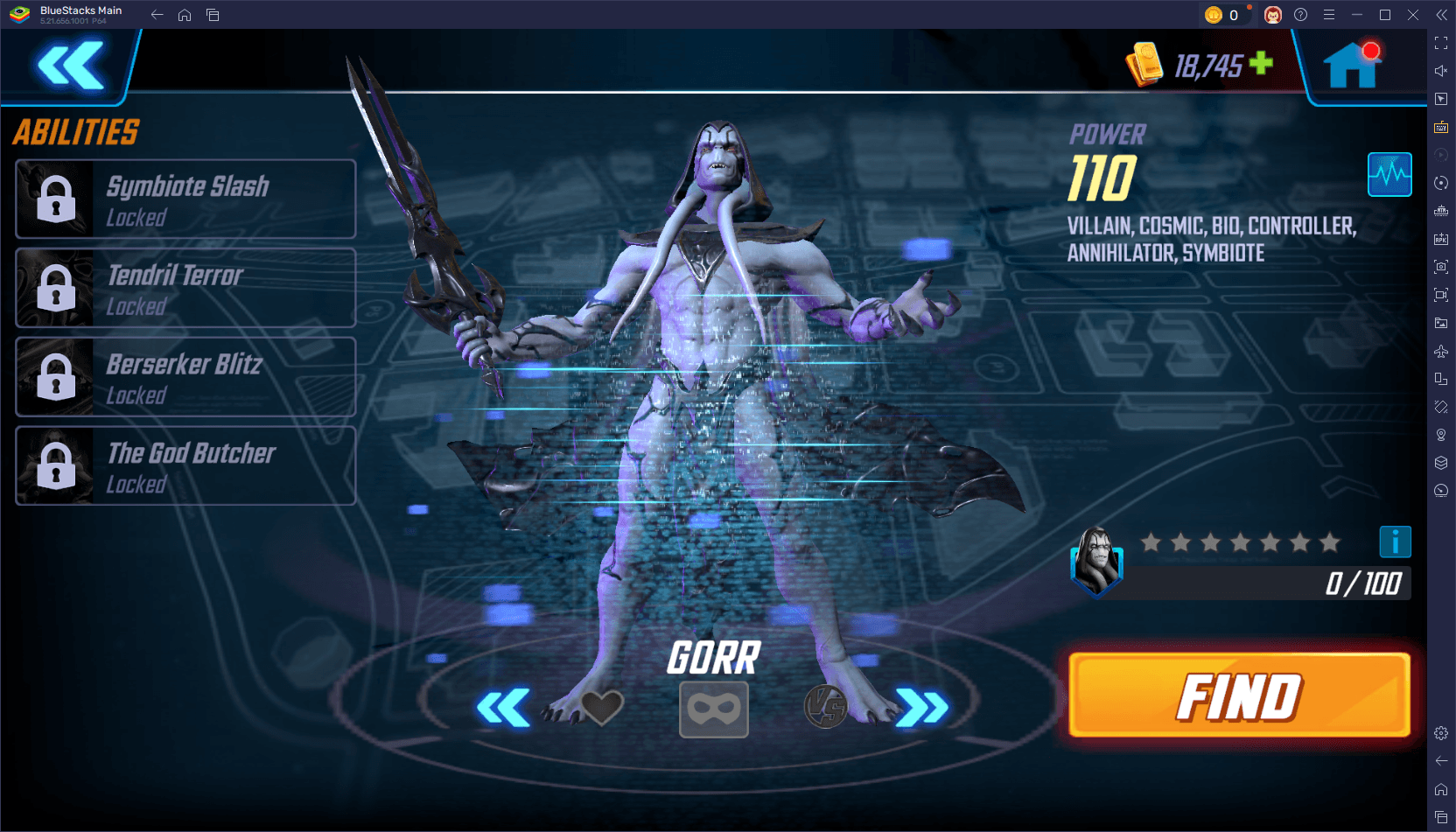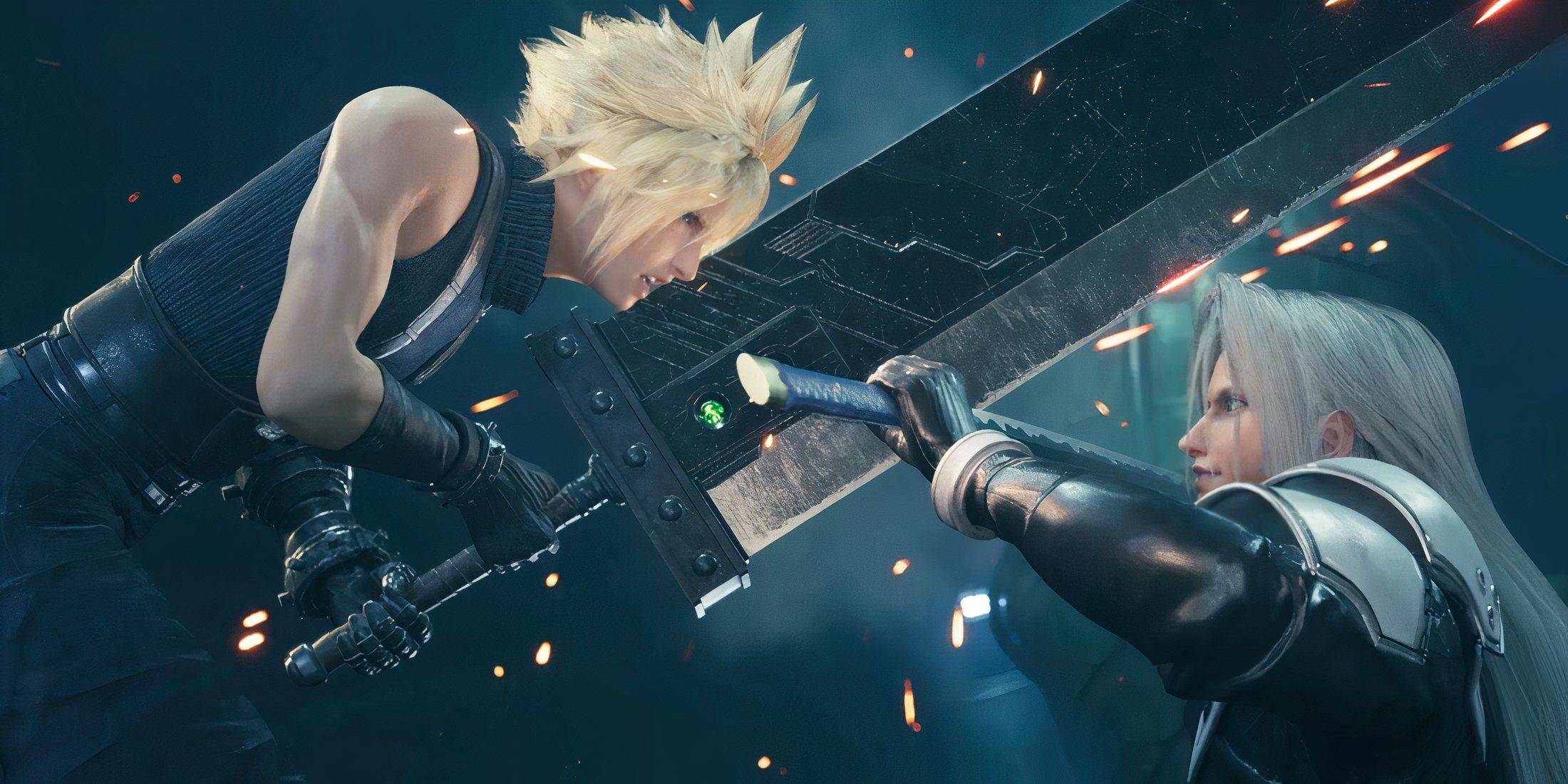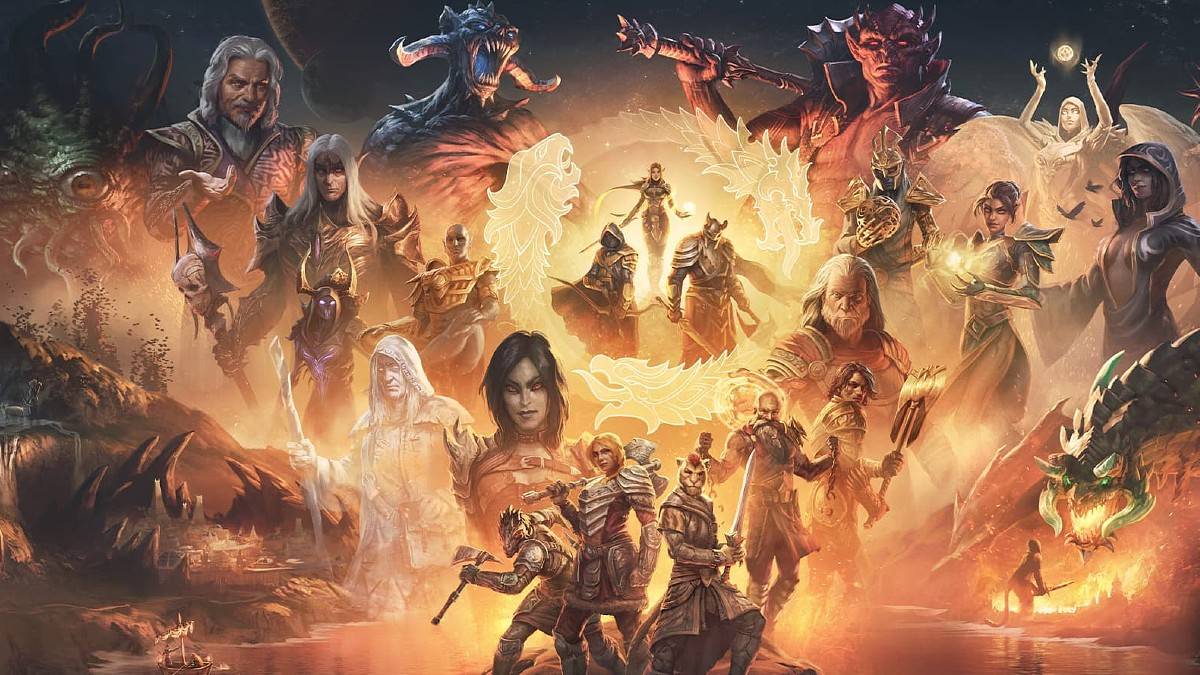With a renewed focus on the core principles that originally defined the series, *Assassin’s Creed Shadows* delivers the most satisfying experience the franchise has seen in years. The game introduces a parkour system that's the best since *Unity*, allowing players to seamlessly transition from ground to castle rooftops. The addition of a grappling hook enhances this fluidity, making the climb to prime vantage points even swifter. When perched on a tightrope high above enemies, you're poised for the perfect kill—as long as you're playing as Naoe. Switch to Yasuke, the game's second protagonist, and you'll find yourself immersed in a completely different gameplay experience.
Yasuke is deliberately designed to be slow and clumsy, unable to execute silent kills and struggling with even the simplest climbs. He represents a stark departure from the typical *Assassin’s Creed* protagonist, presenting one of Ubisoft’s most intriguing yet perplexing character designs. Playing as Yasuke feels less like *Assassin’s Creed* and more like stepping into a new genre altogether.
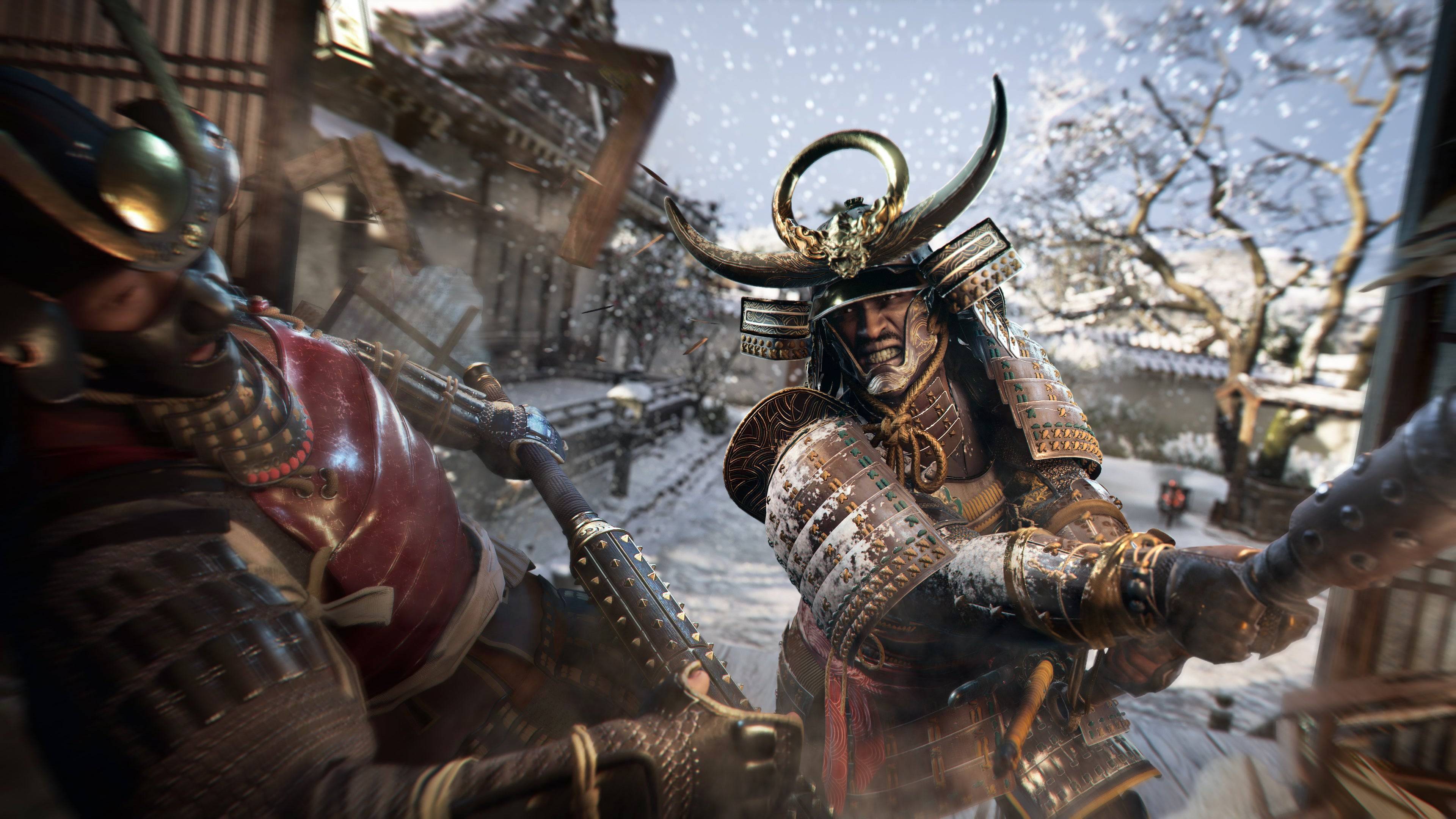
Initially, the contrast between Yasuke's capabilities and the fundamental ethos of the series can be frustrating. What's the point of an *Assassin’s Creed* protagonist who can barely climb and can't perform stealthy takedowns? However, as I spent more time playing as him, I began to appreciate the purpose behind his design. Yasuke addresses key issues that the series has grappled with in recent years, offering a fresh perspective on gameplay.
You don't encounter Yasuke until several hours into the campaign, after spending ample time mastering Naoe, a swift shinobi who epitomizes the assassin archetype better than any protagonist in the last decade. Transitioning to Yasuke after becoming accustomed to Naoe's agility is jarring. As a towering samurai, Yasuke struggles to sneak through enemy camps and can barely climb anything taller than himself. He can't grip the rooftops that line Japan’s streets, and when he does manage to climb, it's painstakingly slow. Balancing precariously on rooftops, he moves with caution, visible to all. This deliberate limitation in his climbing ability introduces friction, making scaling environments feel more like a chore and necessitating the use of scaffolding and ladders.
While these constraints don't strictly force Yasuke to stay on the ground, they strongly encourage it, limiting his access to high vantage points and his ability to map out threats and plan effectively. Unlike Naoe, who can rely on Eagle Vision, Yasuke has no such advantage. Playing as him means embracing raw strength over stealth and vertical exploration.
*Assassin’s Creed* has traditionally been about stealthy kills and vertical exploration, principles that Yasuke directly opposes. Playing as him feels more akin to *Ghost of Tsushima* than *Assassin’s Creed*, especially given his lack of stealth skills and reliance on samurai swordplay. Yasuke shifts the focus to fierce combat, a style that *Tsushima* is known for and *Assassin’s Creed* has often been criticized for lacking.
Playing as Yasuke challenges players to rethink the *Assassin’s Creed* formula. Unlike previous protagonists who could effortlessly scale any surface, Yasuke's limitations demand careful observation to uncover hidden pathways designed specifically for him. For instance, a leaning tree trunk might lead to a sync point, or a castle's open window might be reachable via a staircase-like wall. These routes are more engaging than the mindless climbing of past games, guiding Yasuke to where he needs to be, rather than allowing unrestricted exploration.
Yasuke's approach to stealth is limited to the "Brutal Assassination" skill, which is anything but subtle. It's more of an opening move for combat than a true stealth takedown. Yet, when combat ensues, *Shadows* delivers the best swordplay the series has seen in over a decade, with purposeful strikes and a variety of techniques, from brutal rush attacks to satisfying ripostes. The contrast between Yasuke’s combat prowess and Naoe’s stealth approach is stark, yet complementary.
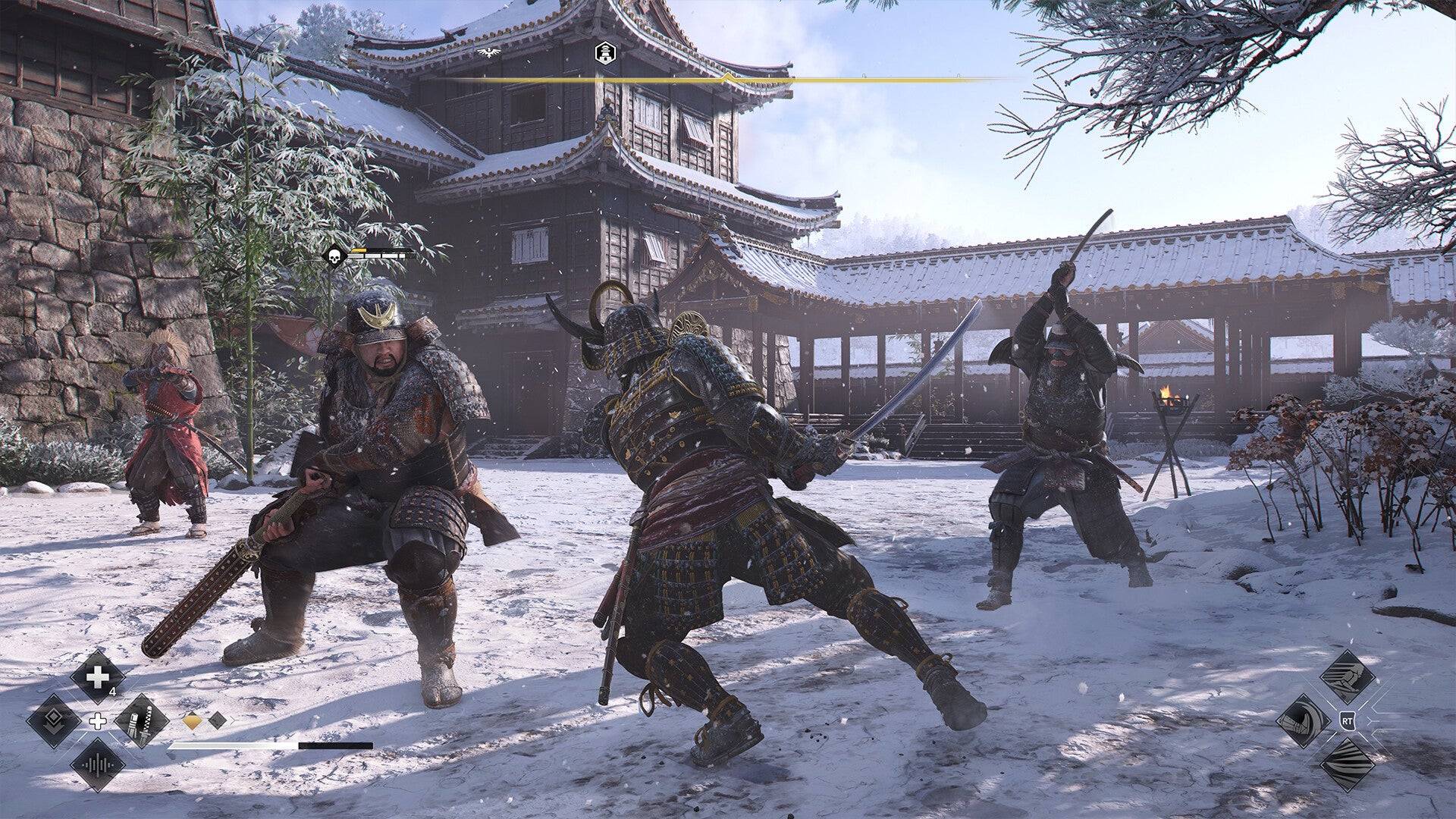
The separation of combat and stealth into two distinct characters ensures that each playstyle remains focused and distinct. In previous games like *Origins*, *Odyssey*, and *Valhalla*, direct conflict often overshadowed stealth. *Shadows* prevents this bleed with its dual protagonist system. Naoe’s fragility necessitates a stealthy approach, forcing players to retreat and reset if combat breaks out. Meanwhile, Yasuke's strength allows him to thrive in combat, providing a satisfying alternative when you want to engage in direct confrontations.
Yasuke’s design is purposeful, but it raises questions about his fit within the *Assassin’s Creed* universe. While characters like Bayek and Eivor veered into action territory, they still embodied the core mechanics of an assassin. Yasuke, as a samurai, lacks these abilities, making it challenging to experience *Assassin’s Creed* as intended while playing as him.
The real challenge for Yasuke is Naoe, who emerges as the superior option. Mechanically, Naoe is the best *Assassin’s Creed* protagonist in years, with a stealth toolkit perfectly suited to the verticality of Sengoku Period Japan. Her ability to navigate the world with speed and precision truly fulfills the promise of *Assassin’s Creed*: becoming a highly mobile, silent killer.
AnswerSee ResultsNaoe also benefits from the design changes introduced for Yasuke. The "stick to every surface" approach has been replaced with a more realistic climbing system, requiring players to assess routes and find anchor points for the grappling hook. This enhances the sandbox feel of the open world, making Naoe's combat as impactful and violent as Yasuke's, though she can't endure prolonged battles. This begs the question: why choose Yasuke when Naoe offers such a comprehensive *Assassin’s Creed* experience?
Ubisoft’s ambition to offer two distinct playstyles with Yasuke and Naoe is commendable, yet it creates a double-edged sword. Yasuke’s gameplay is a unique departure from the series' norms, offering a compelling contrast that's a first for *Assassin’s Creed*. However, his design directly opposes the core principles that make the series unique within the open-world genre. While I'll always return to Yasuke for the thrill of his combat, it's through Naoe’s eyes that I'll truly explore the world of *Shadows*. Playing as Naoe reaffirms the essence of what it means to play *Assassin’s Creed*.














